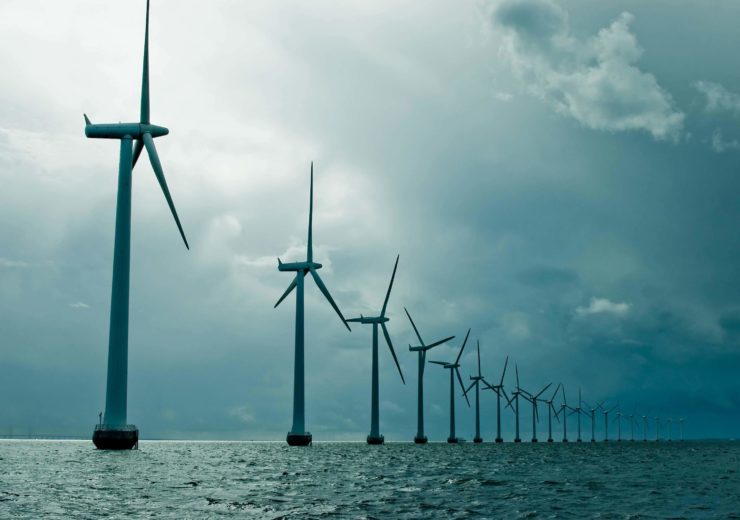A study by price comparison service uSwitch has found that clean energy providers are offering cheap tariffs than the Big Six - but consumers are reluctant to switch as they believe clean energy tariffs are dearer than traditional offers

Wind power could supply half the UK's renewable energy supply in a Zero Carbon Britain model set out by the Centre for Alternative Technology
Clean energy tariffs are some of the cheapest on the market – but consumers still believe they are more expensive, according to a new study.
Research by price comparison website uSwitch found that four in ten energy customers thought eco-friendly tariffs were more expensive than traditional provider offs.
But it showed that the ten cheapest eco-tariffs could save households an average of £273 a year, an increase of £40 from last year.
uSwitch also revealed that half of the ten cheapest energy tariffs on the market were clean energy deals.
Shona Eyre, energy expert at uSwitch, said: “Sustainable living is increasingly important to consumers.
“With green energy tariffs now featuring heavily in the best-buy tables, planet-friendly deals are no longer an expensive luxury for those who can afford to pay for their principles.
“Whether it’s using less energy around the home or choosing a green energy deal, these are small changes that make a big difference – both environmentally and financially.
“Huge investment in sustainable gas and electricity has led to almost a third of the UK’s electricity coming from renewable sources.
“As more suppliers differentiate themselves by focusing on the environment, green tariffs are becoming much more widespread and much cheaper.”

She added that switching to renewable energy deals would save money for households on standard variable tariffs offered by one of the Big Six energy companies.
The uSwitch study claims that the five cheapest clean energy tariffs are no less than £267 cheaper than Big Six standard variable deals.
uSwitch said the cheapest clean energy tariff available cost just £859 a year, making it £278 cheaper than an average Big Six energy plan and £354 cheaper than the average standard variable deal.
The availability of eco-tariffs has ballooned as prices have deflated. A total of 57 were identified by uSwitch, an increase of 21 new tariffs from last summer.
Four of the ten highest ranked energy firms in the latest uSwitch customer service report supply green energy, including winner Octopus Energy and runners-up Bulb – a 100% renewable electricity provider.
Customer attitudes to clean energy tariffs

While 42% of households believe eco-tariffs are more expensive than standard deals, some 38% claim they would consider switching to clean energy.
The number of households considering such tariffs marks a 10% increase on last year, but there are still barriers for green energy providers to overcome if they are to draw in more buyers.
Almost 60% of people who told uSwitch they were less likely to consider a green tariff believed that they were more expensive.
Just under a third of that same group also said they did not trust clean energy firms as much as bigger brands.
A further 14% said they did not know enough about eco-brands to consider switching, which could be a prompt for better marketing.
Price is most important to energy customers looking to switch

The uSwitch study found asked energy consumers what the most important factors were in their decisions to switch switch to new tariffs.
Price was still the most important factor, concerning some 84% of consumers while 41% sought good customer service and 23% showed interest in rewards.
The environmental effects of a tariff concerned more consumers (19%) than smart meter services (14%) and access to mobile apps (6%).
Seven in ten of respondents aged 18 to 24 said they would be keen to sign up to clean energy tariffs.


